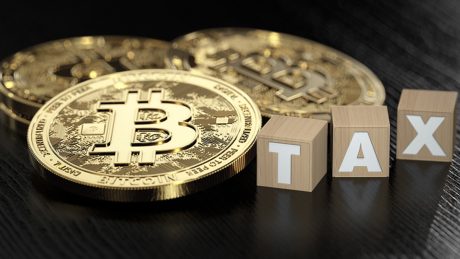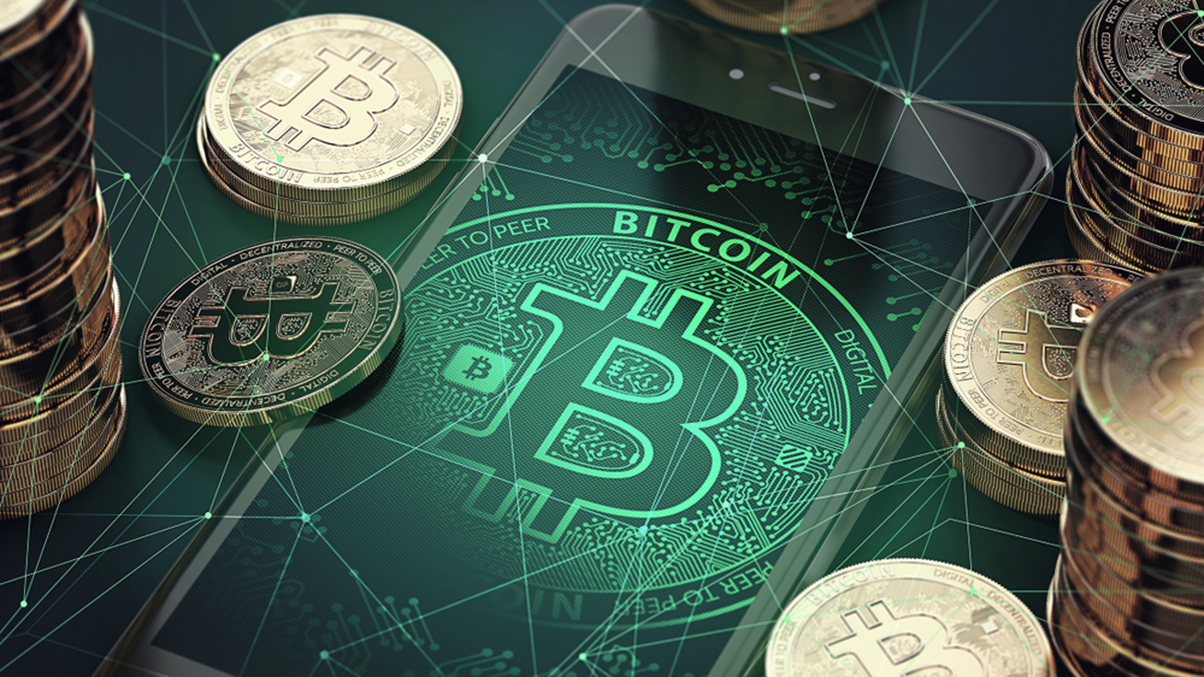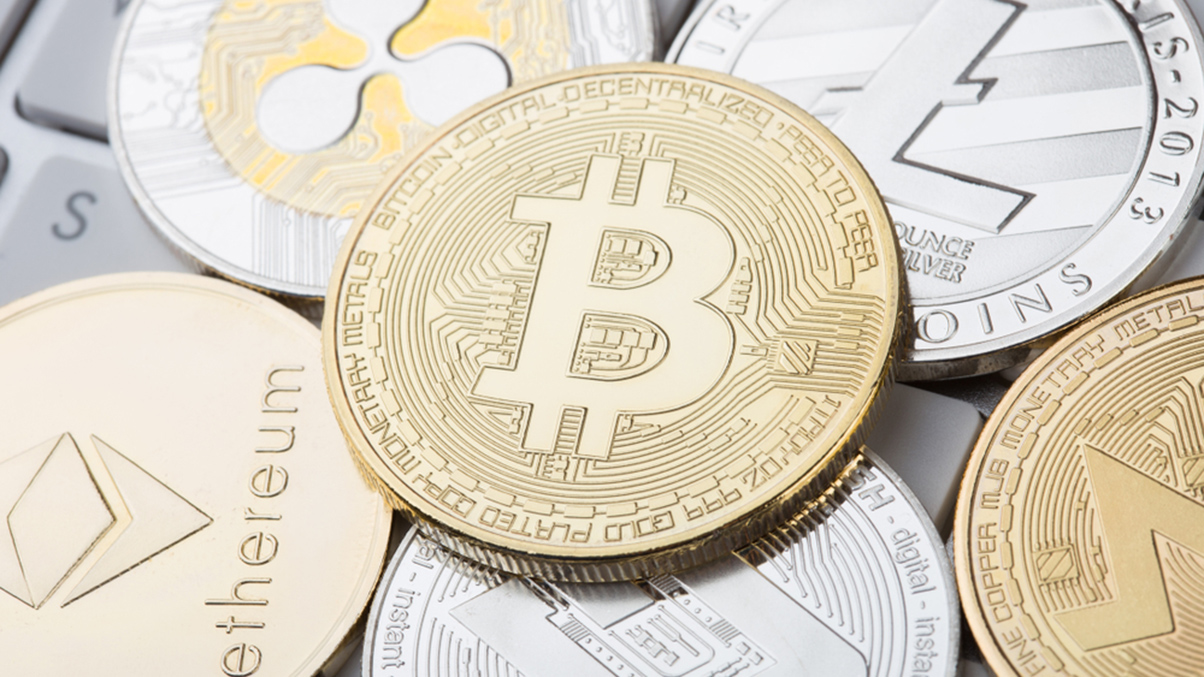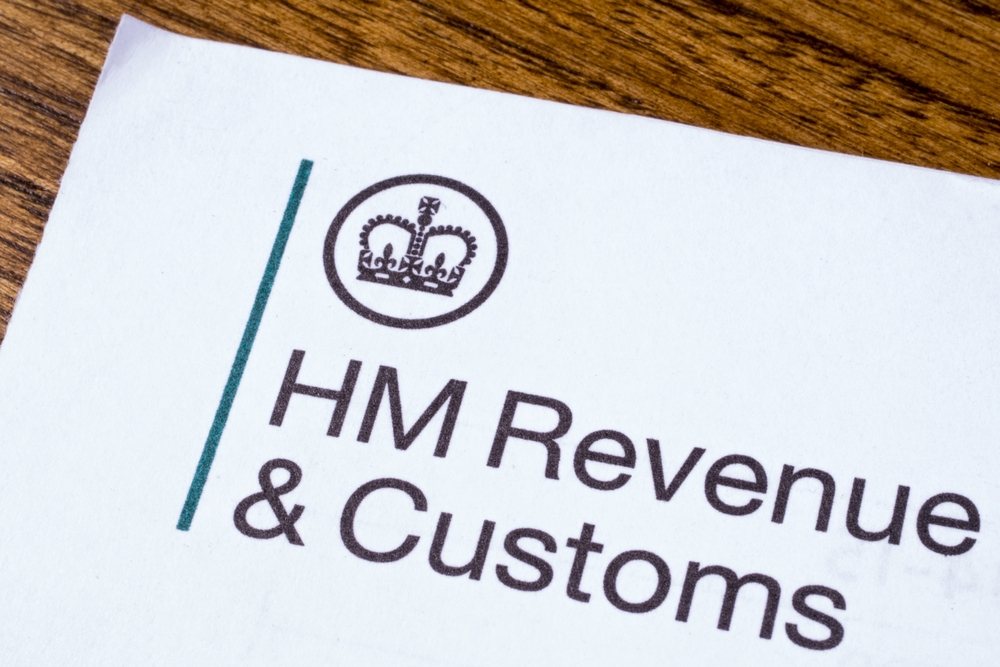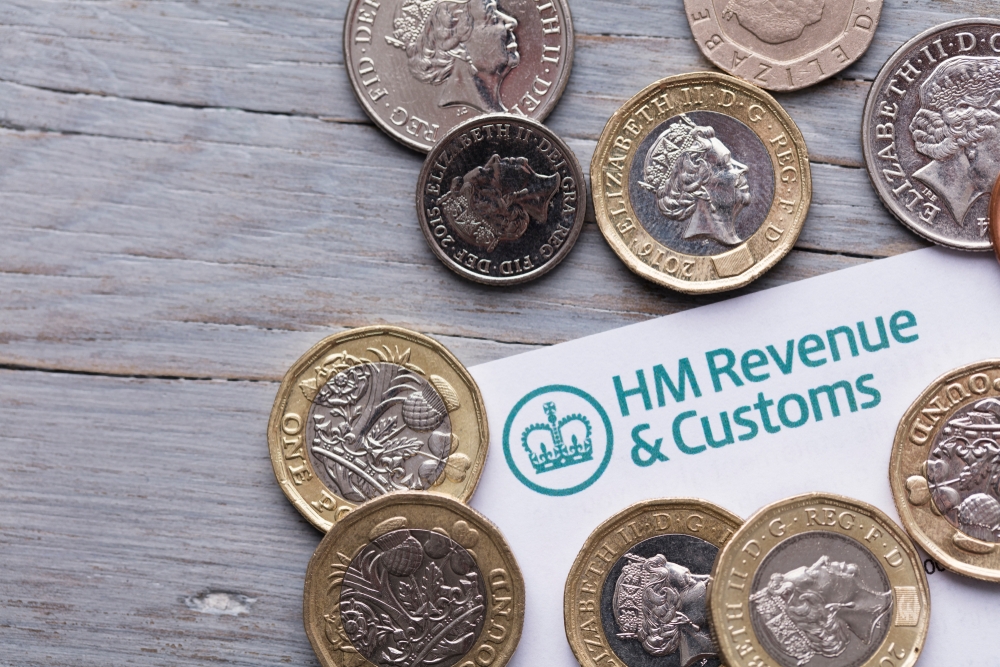Victor Cramer and Marc Jones, partners in our Tax Litigation and Commercial Litigation teams respectively, look at the potential VAT treatment of transactions in cryptocurrencies in light of the issues considered in the recent decision in Robertson v Persons Unknown.
Value-added tax (VAT) sometimes requires us to ask ourselves deeply esoteric and philosophical questions such as, “Teacake: biscuit or cake?” or “When is a debt not a debt?”
These questions can have unforeseen consequences. The cake conundrum spawned 13 years of hard-fought litigation, satellite litigation and spin-offs to the satellite litigation. The ultimate result can be found here.
The question of whether a debt was a debt arose in connection with direct debits for dental payment plans, and has been to the European Court of Justice twice in that context. For those who wish to read of dentists having an uncomfortable time, the later decision is here.
Robertson v Persons Unknown has the makings of a case that picks at a thread and accidentally unravels a whole sweater.
The Robertson Decision
In Robertson, the claimant sought and obtained an Asset Preservation Order (APO) over more than 1 million pounds’ ($1.25 million) worth of Bitcoin, which had been stolen in a spear phishing attack. The APO was the first of its kind, and the case is one of the first to grapple with the fundamental issue of the legal nature of Bitcoin and other true cryptocurrencies. The decision could make a difference to the tax treatment of transactions in cryptocurrencies.
An APO is made in respect of property. In Robertson, the court proceeded on the basis that Bitcoin is personal property. However, English common law currently recognizes only two types of personal property: physical things over which rights can be exercised by possession (a “chose in possession”) and intangible rights against another person, which can only be enforced by legal action (a “chose in action”). Cryptocurrencies do not obviously fall into either category.
In July 2016, the Financial Markets Law Committee (FMLC) took the view that “it may be convenient to understand [cryptocurrencies]… as a kind of hybrid: ‘virtual chose in possession’. That is, intangible property with the essential characteristics of chose in possession.” This passage was referred to by Mrs Justice Moulder in Robertson.
In contrast, earlier this year the response of the City of London Law Society (CLLS) to the U.K. Jurisdiction Taskforce of the LawTech Delivery Panel in relation to crypto-assets, distributed ledger technology and smart contracts, took a different view:
“Neither bitcoin nor ether (or any other similar, exchange token of which we are aware) is a chose in possession. It is intangible and not capable of physical possession. We do not consider that the concept of possession, grounded in physical tangible property, should be changed… Nor are exchange tokens which are recorded on a blockchain or other distributed ledger a chose in action within the original understanding of the term. The reason is that they are not a claim on any person that can be enforced by action. This arises out of the decentralised nature of the blockchain or distributed ledger.”
The preferred solution of the CLLS is for the Supreme Court to recognize true cryptocurrencies as “other intangible assets.”
In Robertson, the claimant argued that the court could proceed on the basis that Bitcoin is “some form of other intangible property.”
The Loosened Thread
The bottom line is that as things stand, we don’t know what cryptocurrencies are. This is a problem if you are trying to determine the tax consequences of dealing with them.
Normally, VAT specialists look at this sort of commercial case and start their analysis with, “Yes, but…”.
The “but” is that VAT is underpinned by social and economic purposes. Definitions from areas of law do not always transfer across. Where another statute or regulation contains a similar term but has a different social or legal purpose, the definition will not necessarily be relevant.
A case concerning the nature of cryptocurrency is a different matter altogether. Cryptocurrencies have no settled status in EU or domestic law. There is no directive, regulation or statute we can turn to which tells us what they are. Are they money? Securities? A unique bundle of rights over data?
Robertson lays down a marker by highlighting the fundamental legal uncertainty that still affects cryptocurrencies, and the differences that apply in law between supplies of physical property (goods) and intangibles (services).
The issues raised in Robertson dealt directly with the remedies available for reclaiming stolen Bitcoin. It raises questions that remain unanswered. The VAT world has answered those questions.
The problem is that the answers are predicated on assumptions. Robertson pulls at the thread of those assumptions.
Does it Matter?
Some of the fundamentals of VAT depend on whether the supply is of goods or services. For VAT purposes, the transfer of the right to dispose of physical goods as owner is a supply of goods. Everything else is a supply of services. In particular, the place of supply rules and the tax point rules differ. The complex web of basic rules, exceptions and modifications differs depending on whether the supply is of goods or services.
The place of supply can put you inside or outside the U.K./EU VAT net. A transaction within the U.K. would either directly add 20% to the transaction cost as a VAT charge, or give rise to an input VAT block which creates an indirect additional cost. If the place of supply is outside the U.K., then there may be no VAT chargeable but with input VAT recovery. The difference between the extremes could exceed 20% of the transaction value.
The time of supply can also change. Where no invoice is issued, the tax point for goods is when they are made available to the recipient. The tax point for services is when the service is complete. They may well not be the same. Bitcoin has gone through long periods of stability, but it has also seen extreme volatility. The more volatile the asset, the more the tax point matters.
There is, of course, a more fundamental point. Is a cryptocurrency subject to VAT at all? At the moment, HM Revenue & Customs’ (HMRC) guidance is contained in Revenue & Customs Brief 9/2014. This Brief says that “…when Bitcoin is exchanged for sterling or foreign currencies, such as euros or dollars, no VAT will be due on the value of the Bitcoins themselves.”
HMRC is treating Bitcoin as equivalent to fiat currency. Its conclusions appear to be built on old VAT cases such as Republic National Bank of New York (VTD7894), and First National Bank of Chicago (C-172/96). These are both cases dealing with foreign exchange activities.
That analysis only works if you assume that Bitcoin is akin to a fiat currency. If cryptocurrencies are effectively “goods,” then on what basis can they be treated as equivalent to a currency? Robertson tugs ever so gently at that assumption.
To date, without any real reason other than their Delphic unknowability, cryptocurrencies have been outside the VAT net. That is a fudge, but one which was unlikely to be challenged until Europe or the Organisation for Economic Co-operation and Development (OECD) adopts a firm position. The fudge becomes untenable once a court has declared what a cryptocurrency is. If it is a supply of goods, then unless it falls within an exemption or zero rate, it is subject to VAT.
What Does the Future Hold?
Happily, HMRC will generally regard itself as retrospectively bound by clear public pronouncements, so the past and present should be settled. The future, less so.
The Court of Justice of the European Union (CJEU) has already had its first cryptocurrency case. In Skatterverket v Hedqvist (Case C-264/14), the Court appears to say that Bitcoin cannot be characterized as tangible property for the purposes of Article 14 of the VAT Directive, and must be a supply of services.
The relevant paragraphs are open to interpretation, and the Court was not considering Bitcoin per se, it was considering the services of a Bitcoin exchange with traditional currency being used at one end of the exchange.
The Court came close to giving us an answer: it said that Bitcoin was being used in place of a traditional currency, and as such trading on the exchange fell within Article 135(1)(e) of the Consolidated VAT Directive. That relates to transactions concerning currency, so is an easy conclusion for a Bitcoin/currency exchange. That analysis doesn’t work as easily where Bitcoin is exchanged for, say, a car.
The OECD and the EU are engaged in ongoing consideration of cryptocurrencies. The more common they become, the more urgently those considerations will be concluded.
The EU VAT Committee issued Working Paper No 854 (the Paper) in April 2015. The Paper pre-dated the Hedqvist decision, but was aware of the questions. The Paper concluded that the questions before the CJEU were highly specific, and did not address the wider issues described above.
The Committee considered whether Bitcoin was electronic money, a currency, a negotiable instrument, a voucher, or a digital product. Electronic money was definitively discarded, and the focus was on whether it was a negotiable instrument or an electronically supplied service.
The Paper goes on to consider the consequences of treating Bitcoin as either of these options in four scenarios: paying for goods with Bitcoin; charges for digital wallets; verifying Bitcoin transactions (mining); and the services of Bitcoin exchanges.
The VAT Committee’s conclusions are misaligned with Hedqvist, and with the U.K. position. This is perhaps not surprising when one considers that Hedqvist and HMRC are struggling to fit something new and radical into a long-established, moderately old-fashioned framework. The EU VAT Committee, on the other hand, is forward-looking and focused on how cryptocurrency should be treated regardless of where it might sit at the moment.
Planning Points
For now, Bitcoin and cryptocurrencies remain one of life’s ineffable mysteries. We don’t know what they are, we just know people want them. There are stopgap measures in place to address their tax treatment, but that treatment may change.
Any changes are likely to be slow and signposted long in advance, although a future case built on Robertson might result in a far more unexpected change. If that happens and a court finds that Bitcoin is equivalent to tangible goods, then all bets are off.
In the meantime, unless parliament introduces legislation to clarify the position, it is highly unsatisfactory that investors in crypto-assets, in a rapidly expanding and increasingly complex global market, should have to wait (probably years) for litigation to reach the Supreme Court to have these fundamental questions answered.
Let us not even consider the added complication of a case directly on point reaching the CJEU in the event that the U.K. has left the EU.
For now, all market participants can do is to keep an eye on the courts and the various regulatory authorities.
(By way of postscript, for those still reading, the answer to the question posed in the first paragraph is that, when stale, cakes go hard and biscuits go soft, so teacakes are cakes.)
This article first appeared in Bloomberg Tax, published 18 October 2019. The original version can be found here
Reproduced with permission from Daily Tax Report: International, Published June 20, 06/20/2019. Copyright _ 2019 by The Bureau of National Affairs, Inc. (800-372-1033) http://www.bna.com
You can find further information regarding our expertise, experience and team on our Tax Litigation and Investigations pages and on our Cybersecurity and Incident Response page.
If you require assistance from our team, please contact us or request a call back from one of our lawyers by submitting this form.
Subscribe – In order to receive our news straight to your inbox, subscribe here. Our newsletters are sent no more than once a month.

